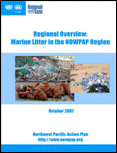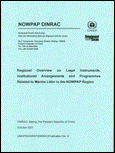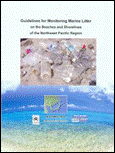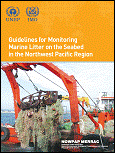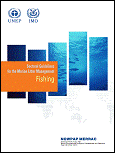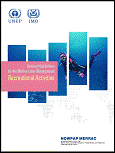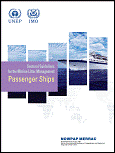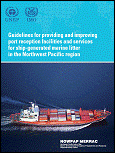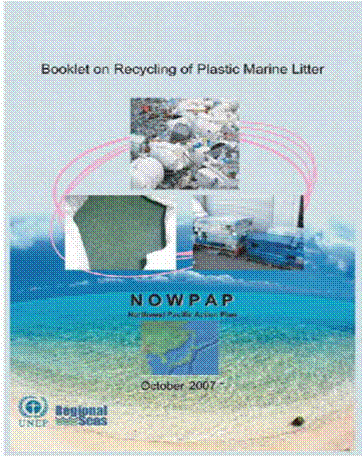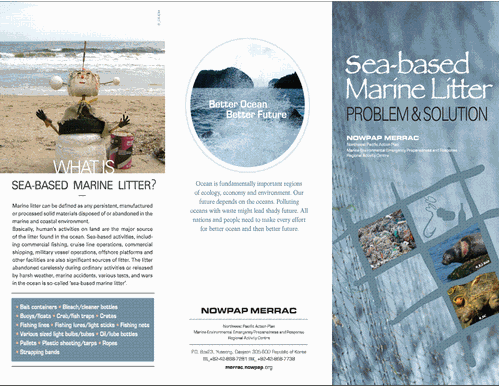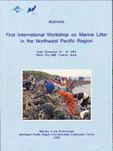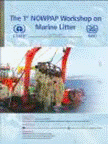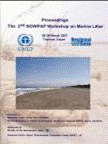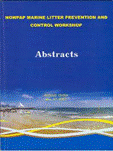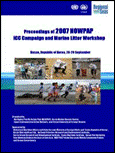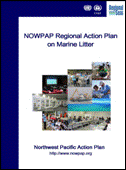The East Asian Seas Regional Node of the Global Partnership on Marine Litter (GPML) is a regional marine litter knowledge management and networking hub of the Coordinating Body on the Seas of East Asia (COBSEA). The Regional Node was established by the resumed Twenty-fifth Intergovernmental Meeting (IGM 25) of COBSEA in 2022 to support the achievement of the COBSEA Regional Action Plan on Marine Litter (RAP MALI). The web platform of the Regional Node provides access to marine litter knowledge, resources, good practices, data, networks and learning in the East Asian Seas region.
The Regional Node brings together resources and stakeholders in the region to promote evidence-based and collaborative action on marine litter and plastic pollution. It provides access to policies, frameworks, and knowledge products on marine litter, promotes the replication of good practices, bridges science and policy with access to a regional research and data, and strengthens learning, capacity building and partnerships. In the interim, functions of the Regional Node are carried out by the COBSEA Secretariat.
The GPML is a multi-stakeholder partnership that provides a global cooperation mechanism to prevent marine litter and microplastics, with the aim of sharing knowledge and experience and advancing solutions. Regional Nodes of the GPML create regional networks to address regional knowledge, capacity and networking needs and priorities, leveraging engagement across stakeholder groups and building on and providing linkages to the global-level framework provided by the GPML. The Regional Node is linked to the
Global Digital Platform of the GPML.
About COBSEA
The Coordinating Body on the Seas of East Asia (COBSEA) is a regional intergovernmental mechanism and one of 18 Regional Seas programmes. It is the decision-making body for the East Asian Seas Action Plan, bringing together nine countries – Cambodia, China, Indonesia, Republic of Korea, Malaysia, the Philippines, Thailand, Singapore and Viet Nam – in protection and sustainable development of the marine and coastal environment. COBSEA focuses on marine pollution, ecosystem-based marine and coastal planning and management, and ocean governance. The COBSEA Secretariat is hosted by Thailand in Bangkok and administered by the UNEP Ecosystems Division in Nairobi.
www.cobsea.org
 The web platform of the Regional Node provides stakeholders in the East Asian Seas region with access to knowledge, resources and networking services on marine litter and plastic pollution for informed action.
The web platform of the Regional Node provides stakeholders in the East Asian Seas region with access to knowledge, resources and networking services on marine litter and plastic pollution for informed action.


